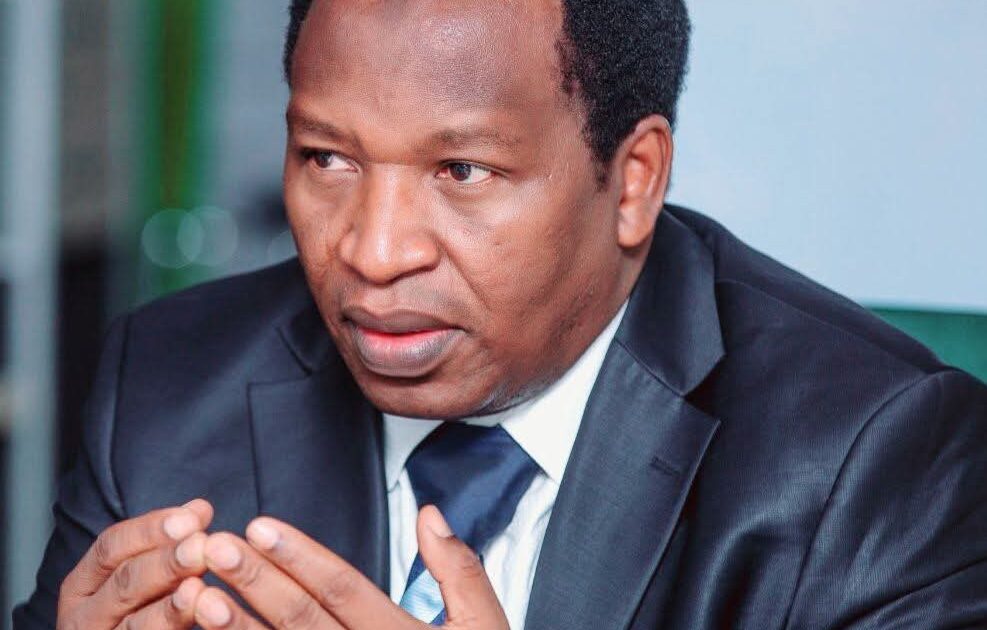The Nigerian media landscape faces a critical juncture, caught between its historical role as the “Fourth Estate” and the mounting pressures of political influence, religious sway, and commercial interests. Ibrahim Wala, a chieftain of the African Democratic Congress (ADC), has issued a clarion call to Nigerian journalists, urging them to reclaim their independence and prioritize investigative journalism and unbiased reporting as essential tools to combat bad governance. He argues that the media’s power resides in its ability to inform the public, challenge authority, and catalyze social change, emphasizing the urgent need for journalists to uphold these responsibilities in the face of external pressures.
Wala’s critique centers on what he terms a “troubling romance” between political elites and religious leaders, a symbiotic relationship he believes is eroding the fabric of Nigerian society. He contends that this alliance, often operating at the expense of the common people, goes largely unchallenged by the press. Wala accuses politicians and religious figures of forming a “two-headed monster,” using their combined influence to manipulate public opinion and consolidate their power. He calls upon journalists to expose this “unholy alliance,” investigate the sources of their wealth and influence, and reveal the true cost of this collaboration on the lives of ordinary Nigerians. The silence of the media, he warns, effectively renders them complicit in this erosion of democratic principles.
The ADC chieftain emphasizes the devastating consequences of media neglect, particularly in the context of escalating insecurity across the nation. He argues that the absence of a robust media voice holding the government accountable has allowed the security crisis to fester and deepen. He laments the transformation of some media houses into tools of propaganda, disseminating narratives that serve the interests of political and religious leaders rather than informing the public and holding power to account. Wala’s concerns reflect broader anxieties about the fragility of Nigerian democracy, which is not only threatened by governance failures but also by a weakening of the press, an institution traditionally tasked with safeguarding democratic values.
Wala’s plea is a stark reminder of the core principles of journalism as a public service. He acknowledges the economic challenges facing media organizations but stresses that succumbing to commercial and political pressures undermines the integrity of the profession, reducing it to a mere “puppet show.” He argues that when media outlets are owned and controlled by the very individuals they are meant to scrutinize, the watchdog function is compromised, and the public trust is betrayed. He underscores the importance of maintaining independence from those in power, emphasizing that true journalism lies in serving the public interest rather than acting as a mouthpiece for the powerful.
Wala’s call for a revitalized press resonates with long-standing demands from civil society groups advocating for stronger media independence. These groups have consistently emphasized the need for better funding models that insulate media organizations from undue influence. They also champion a renewed commitment to journalism as a public service, urging media professionals to prioritize the public interest over commercial considerations. Wala’s remarks underscore the vital role of a free and independent press in a functioning democracy, particularly in the face of growing political and religious pressures.
In conclusion, Ibrahim Wala’s appeal for a more robust and independent Nigerian media comes at a critical juncture in the nation’s democratic journey. He highlights the dangers of unchecked political and religious influence, the imperative for investigative journalism, and the need to prioritize the public interest above all else. His words serve as a powerful reminder of the essential role of a free press in holding power accountable and ensuring the health of a democratic society. The future of Nigerian democracy may well depend on the media’s ability to heed this call and reclaim its role as a vigilant watchdog, unwavering in its pursuit of truth and justice.














